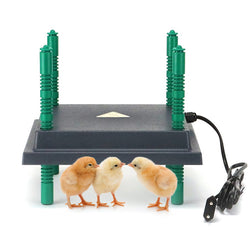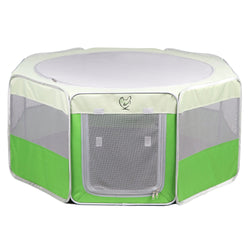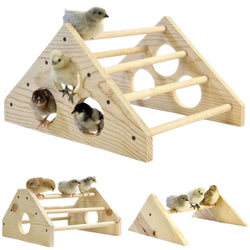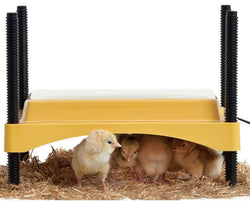Power Out? 3 Ways to Save the Hatching Eggs
Back to blog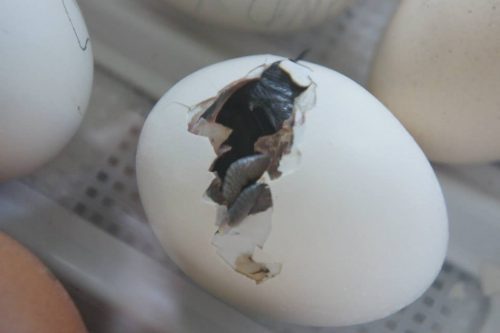
Incubating can be such an adventure. As exciting as it is, though, there are also many things that can go wrong! When we rely on machine incubation instead of a broody hen, it's a good idea to be prepared to save the hatching eggs in the event of an emergency power outage. Now, don't let the risks discourage you! Hatching eggs can be incredibly rewarding and well worth the effort---we just have to be sure we have a contingency plan in place for if something goes wrong.

THIS is what you want, whether the power goes out or not![/caption] Depending on your incubator there may be small issues that need tending; humidity too low, finding the perfect draft-free location, turner quit working etc. I remember being incredibly stressed on my first hatch because I couldn't tell if my turner was working. They move VERY SLOWLY, so you can't normally see them moving. I had forgotten to mark my eggs, and I was petrified to open the incubator lest I disturb the eggs unnecessarily! Ugh! I still get antsy thinking about it, but the turner was working and I had a fairly good hatch :). 
Anyway, the point is we must be prepared! One of the biggest issues in my area that is beyond my control is power loss due to storm damage. We're on the East Coast and frequently lose power from a downed tree or other storm-related cause during the warmer months and ice accumulation during the winter. That's not uncommon! Binghamton, NY, was just hit with a record breaking 36" of snow (stay warm Uncle T!). 
In a winter storm, you need a PLAN B to save the hatching eggs if the power goes out.

Unlike having a broody hen handle your hatching eggs, incubators are utterly dependent on the power grid. Short outages may not impact your hatch too much---hens do get off the nest regularly to eat, drink and poo---but long outages are potentially devastating. In my case, I'm fortunate enough to know the Assistant Chief of a local volunteer fire department who's allowed me to move eggs to their station in case of an outage (He certainly should since I'm his wife!). The station has an emergency generator that can run for days if necessary so the community can still be protected by our wonderful volunteers. However, that won't be an option for many hatch-a-holics so I've compiled a few other backup plans that may help save your hatch from a power outage.
